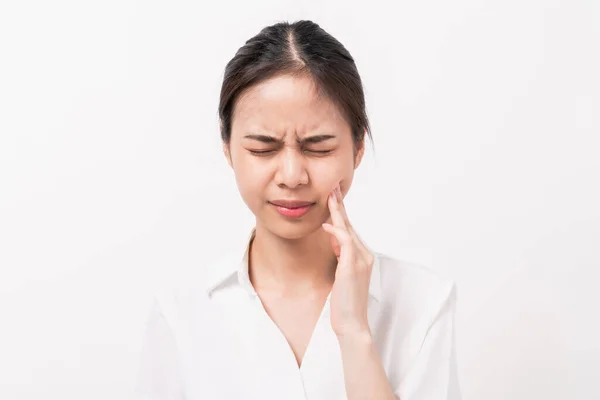Cavities (sometimes called dental caries or tooth decay) are a common oral health concern that many people face. Whether you’re seeking routine treatments or full-mouth reconstruction, addressing cavities promptly is key to achieving a healthier, happier smile.
Have you noticed increased tooth sensitivity? Or maybe you’ve noticed dark spots developing on your teeth? These may be early indicators of cavities. Address dental decay quickly with Gary Horblitt, D.D.S., in Fairfield, CT. Just call (203) 335-1011 to reserve your appointment now!
Whether you’ve recently discovered a cavity or are curious about their natural progression, understanding the causes, treatment options, and preventive measures is essential for maintaining optimal dental health. So, in today’s blog post, we tell you everything you need to know about cavities.
Do cavities go away on their own?
The short answer is no.
Unfortunately, cavities do not go away on their own. Once tooth decay begins, it will continue to progress without intervention. However, in the early stages, when the damage is limited to the enamel, remineralization is possible with proper oral care.
Treatment Options for Cavities
There are plenty of treatment options for dental decay, including:
Dental Fillings
Typically, dentists can easily treat a new or budding cavity with dental fillings. Dentists must first remove the decayed portion of the tooth before filling the hole with a durable material, like composite resin, or metal amalgam, or moving onto a crown.
Crowns
For more extensive decay that has weakened the tooth structure, a dental crown may be ideal. This procedure involves capping the affected tooth with a custom-fitted restoration to protect and strengthen it.
Root Canal Therapy
If dental decay has reached the tooth’s innermost layer (called the pulp), then a root canal may be necessary. This procedure involves removing the infected tissue, cleaning the canal, and sealing it with a filling.
Tooth Extraction
In severe cases, dental decay may be irreparable. In these instances, extraction may be the only option. However, modern dentistry aims to preserve natural teeth whenever possible.
How to Prevent Cavities
Preventing cavities is always preferable to treating them. Here are a few tips and tricks to keep dental decay at bay:
Maintain Good Oral Hygiene
The key to cavity prevention is twice-daily brushing with fluoridated toothpaste. And don’t forget to floss! Flossing just once a day can remove plaque and bacteria that lead to cavities.
Attend Regular Dental Check-ups
Schedule regular dental check-ups and cleanings. These appointments help remove plaque and tartar buildup that regular brushing and flossing may miss. They also help identify decay.
Use Fluoride
Fluoride is a key ingredient in most toothpastes and mouthwashes. This natural mineral helps strengthen enamel and makes teeth more resistant to decay. If these products don’t help, then consider prescription-strength fluoride treatments with a trusted dentist.
Eat a Balanced Diet
Excessive consumption of sugary and acidic foods is problematic, as they directly contribute to tooth decay. Try to maintain a balanced diet rich in fruits, vegetables, and dairy products to support dental health.
Chew Sugar-Free Gum
Saliva has a wonderful ability to neutralize acids and strengthen enamel. So, get your saliva glands pumping by chewing sugar-free gum throughout the day!
Stay Hydrated
Our bodies need water to thrive, but we also need it to help rinse away food particles, bacteria, and acids that can contribute to cavities. Aim for about eight glasses of water every day.
Treat and Prevent Cavities with Dr. Gary Horblitt in Fairfield, CT
Experts believe that a whopping 90% of all adults have developed at least one cavity in their lifetimes. While cavities won’t disappear on their own, early detection and proper treatment can prevent further damage and preserve your oral health. So, don’t wait – contact Dr. Horblitt at (203) 335-1011 or request an appointment online here.

